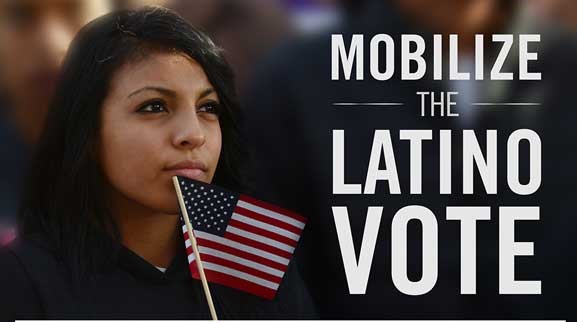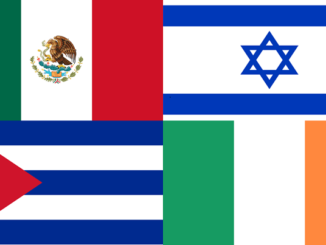
By Alex Nowrasteh
Representative Goodlatte (R-VA) is working toward a compromise on legalization and a path to citizenship for unauthorized immigrants. This issue is the current bottleneck in the immigration reform debate. Many Republican, Goodlatte included, are skeptical of a path to citizenship for current unauthorized immigrants. Many Democrats, however, will not support immigration reform unless some unauthorized immigrants are allowed to become citizens eventually. Could this impasse make immigration reform impossible this year?
Goodlatte’s proposal, as far as we know, would be to grant unauthorized immigrants provisional legal status. They would then be legally allowed to work and live here but only eligible for a green card or citizenship if they use the existing immigration system. This proposal would shrink the number of unauthorized immigration who could eventually earn a green card or gain citizenship.
I suggest a third proposal: create two paths toward legal status.
The first path should lead to permanent legal status on a work permit that cannot be used to earn a green card unless the person marries an American or serves in the military (other categories should be considered too). This path could be relatively easy and cheap, preferably a few hundred dollars to pay for the paperwork processing fee as well as criminal, national security, and health checks.
The second path should be toward a green card and eventual citizenship. It should probably be similar to the Senate plan, take many years, and cost more money. This should be the more difficult legalization process but it should not be any more difficult than what is included in the Senate bill.
Creating two paths will allow the unauthorized immigrants themselves to choose the type of legal status they wish to have in the United States. This also addresses some of the concerns of immigration reform skeptics while actually allowing a path to citizenship that, theoretically, most unauthorized immigrants could follow. Furthermore, this plan is probably more politically feasible than a one sized fits all path to legal status. The sooner a reform is passes, the sooner the deportations can stop.
Currently every interest group involved in immigration reform is trying to choose which legal status unauthorized immigrants should have. The unauthorized immigrant should instead be able to choose for themselves. Ever more complex legalization and path to citizenship plans of the type Goodlatte will propose will not accommodate most of the 11-12 million unauthorized immigrants here. Several paths toward legal status should be created and the unauthorized immigrants should be allowed to choose for themselves.
Alex Nowrasteh is the immigration policy analyst at the Cato Institute’s Center for Global Liberty and Prosperity.



